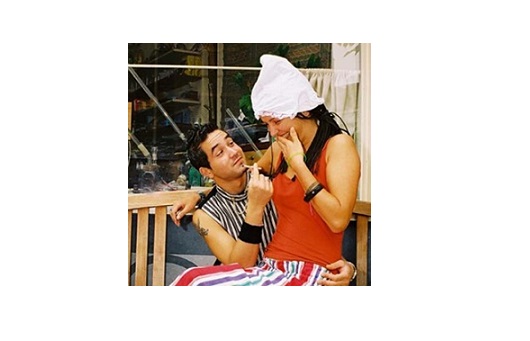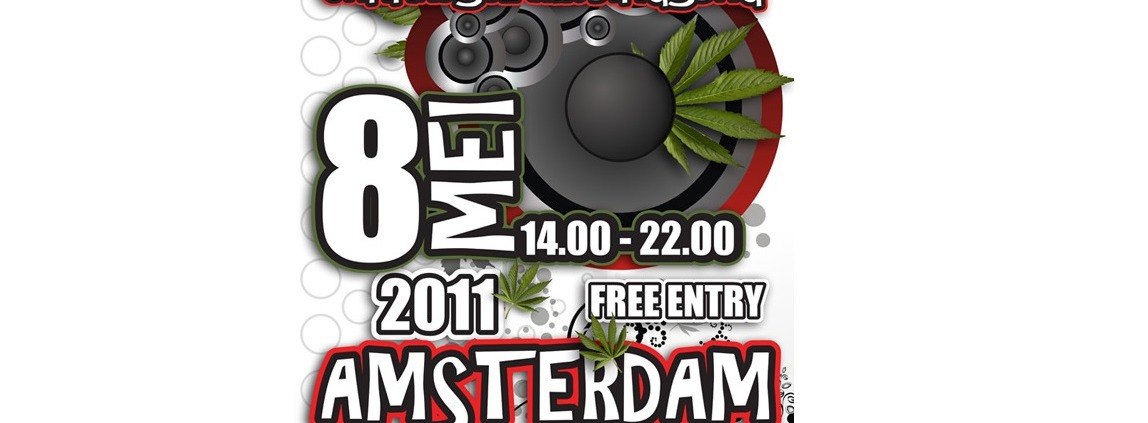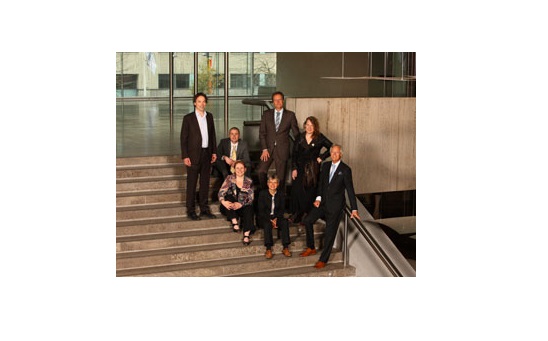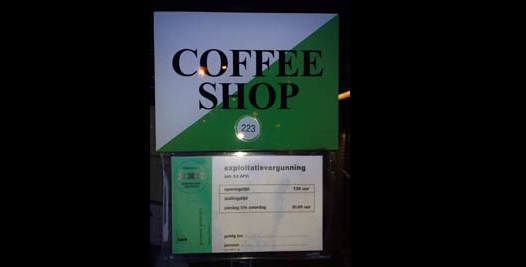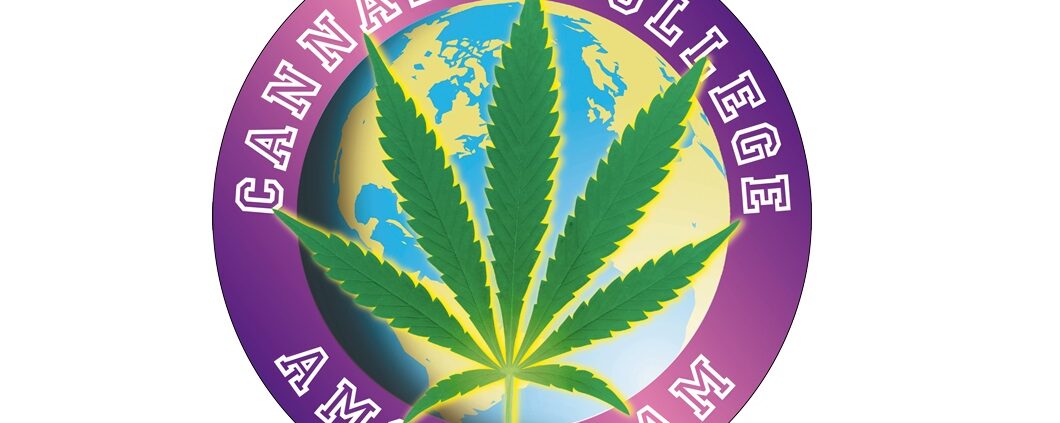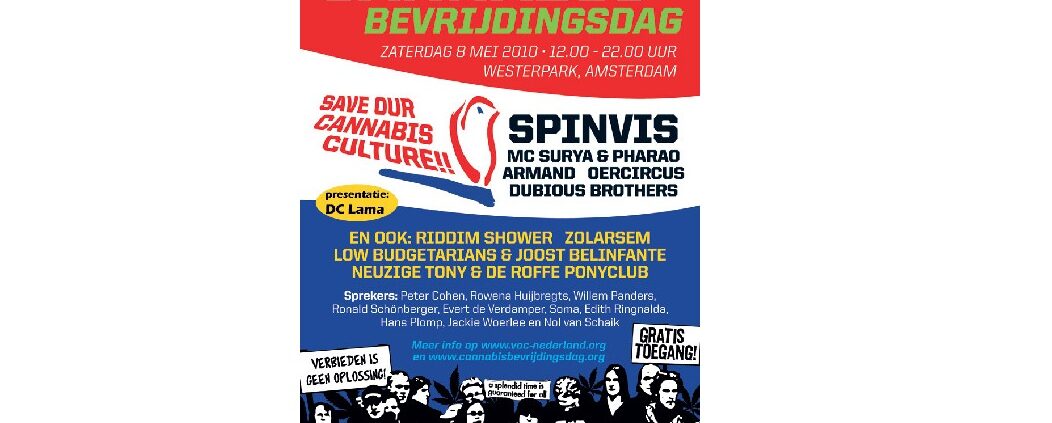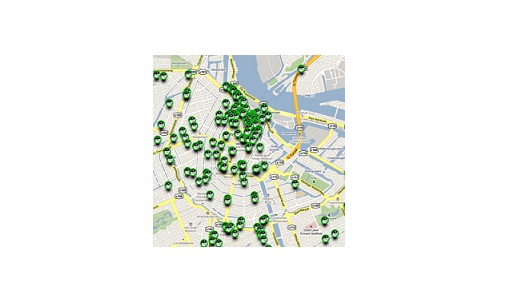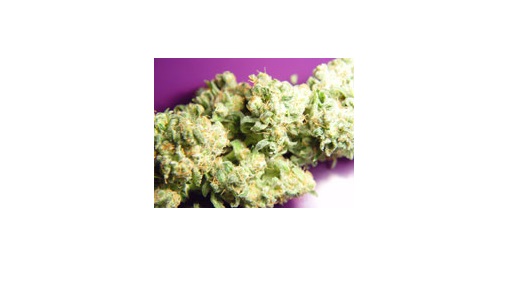Research carried out in 2011 on behalf of the City of Amsterdam into coffeeshops in the city has revealed a series of significant findings.
Membership card system
If a membership card system for purchasing cannabis were to be introduced in Amsterdam, only 30% of those currently using coffeeshops would register themselves for a coffeeshop membership card. Nearly 25% of coffeeshop users claim they would grow their own cannabis or buy it directly from a grower. Roughly 25% say they would buy their cannabis elsewhere, such as through dealers who deliver it to home addresses or on the street.
About 11% of current coffeeshop visitors say they would stop smoking cannabis if a membership system were introduced. Both coffeeshop owners and those who visit the establishments expect that the introduction of a card membership system alongside the exclusion of tourists would take soft drug dealing back to the streets, where hard drugs are also available.
New coffeeshop policy
The above findings are drawn from research conducted for the City of Amsterdam into matters including the reasons why coffeeshop users visit a certain coffeeshop instead of another. The research is part of the Coffeeshops Pilot.
The aim of the pilot is to develop a new Amsterdam coffeeshop policy in order to reduce the nuisance caused by coffeeshops and increase their manageability while encouraging them to remain small-scale and transparent. The pilot will ultimately lead to a plan outlining a more efficient means of distributing coffeeshops throughout the city.
In order to gain insight into the supply and demand element of the sale of cannabis, observations were made at 59 coffeeshops in Amsterdam and interviews were conducted with 66 coffeeshop owners and 1,214 coffeeshop users. 793 Amsterdam residents completed a questionnaire to help research the effect that coffeeshops have on their immediate surroundings.
Nuisance
Complaints about coffeeshops stem from nuisance such as too many bikes or scooters parked on the pavement, customers loitering on the street outside the coffeeshop and illegally (double) parked cars. However, observations made outside 195 coffeeshops revealed that such occurrences are relatively infrequent or not specifically related to a coffeeshop.
When residents were not directly questioned about nuisance they experienced from coffeeshops, the nuisance level reported was not higher in neighbourhoods with a coffeeshop. When directly questioned about nuisance from coffeeshops, 16% of residents indicated that they had experienced nuisance caused by the presence of a coffeeshop.
Residents who live within 50 metres of a coffeeshop experience nuisance more frequently than those who live further away. The majority of residents (54%) are neutral about a coffeeshop in the neighbourhood, 27% report finding it disagreeable while 17% react positively. A large proportion of residents expect the arrival of coffeeshops and bars in the area to cause a nuisance – more nuisance than they actually experience once the coffeeshop or bar arrives.
Coffeeshop visitors
The average age of the 1,214 coffeeshop visitors interviewed is 32.4 years old (with a range of 18 to 71 years old) and 14% is female. Two out of three visitors interviewed smoke cannabis on a daily basis or nearly every day. By far the most interviewees live in Amsterdam or close to the city and nearly all of their recent visits to coffeeshops were in
Amsterdam.
Outside of central Amsterdam, coffeeshop users have a stronger affiliation to a particular coffeeshop. The primary reasons that attract visitors to a certain coffeeshop include the quality of the cannabis, how friendly the staff are, the atmosphere and the presence of an indoor smoking area.
Coffeeshop characteristics
The majority of coffeeshops are located close to one or more other coffeeshops. In general, the coffeeshops can be easily accessed using public transport and parking facilities are often just a short walk away. It is often difficult to find a parking space close to a coffeeshop.
Similar to a small café/bar, the coffeeshops tend to have few staff and an average of 27 seats. Four out of five coffeeshops have an indoor smoking area. On average, the coffeeshops are open 14 hours a day and 100 hours a week. The busiest time of day is late in the afternoon and early evening with the coffeeshops receiving an average of nine customers per hour.
Cabinet proposal
The City of Amsterdam expressed its concerns to Security and Justice Minister Ivo Opstelten that the cabinet proposals to combat the nuisance caused by coffeeshops and cannabis use amongst young persons (such as the card system and distance criteria) may not have the desired effect and could, in fact, be counterproductive. At the request of the Amsterdam City Council, the Mayor of Amsterdam entered into consultation with Minister Opstelten.
source: http://www.iamsterdam.com/en/pressroom/city-of-amsterdam-2011/coffeeshop-amsterdam-research

